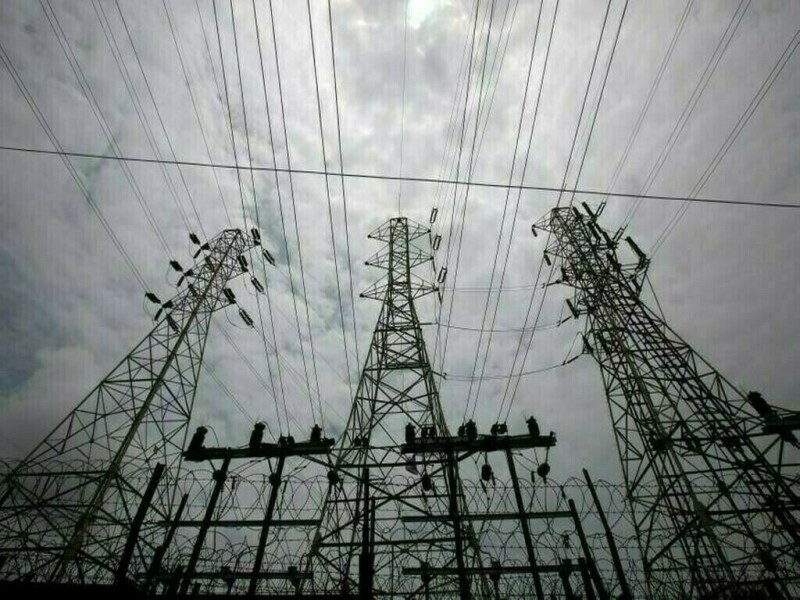KARACHI: The Chairman of National Business Group Pakistan, the President of the Pakistan Businessmen and Intellectuals Forum, the President of All Karachi Industrial Alliance, the Chairman of the FPCCI Advisory Board, Mian Zahid Hussain has warned that industry and agriculture will not be able to develop as needed until the price of electricity is at par with neighbouring countries, and this sector will continue to impact economic development and competitiveness negatively.
He said that we must reduce dependence on imported fuel, improve the power distribution system, and end mismanagement at the policy level. Otherwise, the economy will continue to suffer the consequences of expensive power.
He said that the government should increase pressure on IPPs to further reduce electricity prices, improve the transmission and distribution system, take steps against corruption, stop the theft of electricity worth Rs600 billion, and encourage renewable energy instead of discouraging it.
He stressed that the government should swiftly eliminate monopolies in the electricity sector, sell off the DISCOS, and implement other necessary reforms.
According to the Prime Minister, the government is saving Rs3696 billion through negotiations with IPPs, which is encouraging.
However, he said, we have to advance industrialization, encourage the establishment of new industries, and make a strategy for expansion in old industries so that surplus electricity can be used and the burden of capacity payments can be minimized.
Mian Zahid Hussain said that the circular debt has also reached Rs2393 billion, which is detrimental to the country’s economic future. The expensive electricity is a burden for the public and businesses and has been an obstacle to economic development for decades.
He said it is impossible to make electricity cheaper without eliminating circular debt, rooting out electricity theft, stopping corruption, and involving the private sector in the distribution of electricity.
He explained that when power is expensive, the cost of production increases, making it difficult to compete in international markets. This decreases exports, foreign exchange earnings, and industrial development.
Many industries have closed or shifted to countries with cheaper energy, resulting in job losses and economic contraction.
Mian Zahid Hussain said that the continuous power supply in Pakistan is a significant problem that needs to be overcome. To avoid load shedding, businesses must invest in alternative energy sources, increasing costs.
He said the government should work diligently to make the power sector self-sufficient within five years. Significant reduction in electricity prices across the country by Prime Minister Shehbaz Sharif’s is a highly laudable step.
He highlighted the significant benefits of the reduced electricity prices, stating that it will relieve the public and the business community, make industrial production cheaper, and increase exports by two to three billion dollars.
He said that increased industrialization will also reduce unemployment, an Eid gift for the nation. Electricity has been made cheaper by Rs7.41 per unit for domestic consumers. In contrast, the price of electricity for industries has been reduced by Rs7.59 per unit. He added that convincing the IMF to agree to such a substantial reduction in electricity tariffs was formidable, underscoring the government’s unwavering commitment to this cause.
Copyright Business Recorder, 2025


